How Solar Works
It’s all about the photons
Most everyone knows that solar energy is a clean, inexhaustible and affordable source of energy. But how does it actually work? How can sunlight run your washer, power a juicer and charge that Roomba all at the same time?
It’s actually quite simple.
But first, let’s talk about the sun. This power plant in the sky continually blasts a massive torrent of subatomic light particles called photons out into the solar system—about 4.26*10^6 tons of them every second. That’s a whole lot of photons. A good portion of them find their way here, to Earth, where plants use them for photosynthesis and lifeguards convert them into tans. They’re also the replenishable fuel that makes solar energy possible.
A rooftop solar system allows you to harness this free, unlimited supply of energy using solar panels. Here’s how that works. Solar panels contain a thin layer of silicon cells. Silicon has unique conductive properties that soak up photons like a sponge and convert them into electricity through a photovoltaic process.
When photons come into contact with these silicon cells, electrons are activated, producing electricity in the form of DC current. This DC Current flows from your solar panel into a solar inverter that converts it into usable AC current. From there, this AC electricity is routed to your electrical panel, where it flows to your appliances, air conditioner and George Foreman Grill through your home’s existing wiring system.
See? We said it was simple.
FREE CONSULTATION
Claim your basic human right to clean, affordable solar now. Schedule a free, no-pressure consultation with one of our experts.
